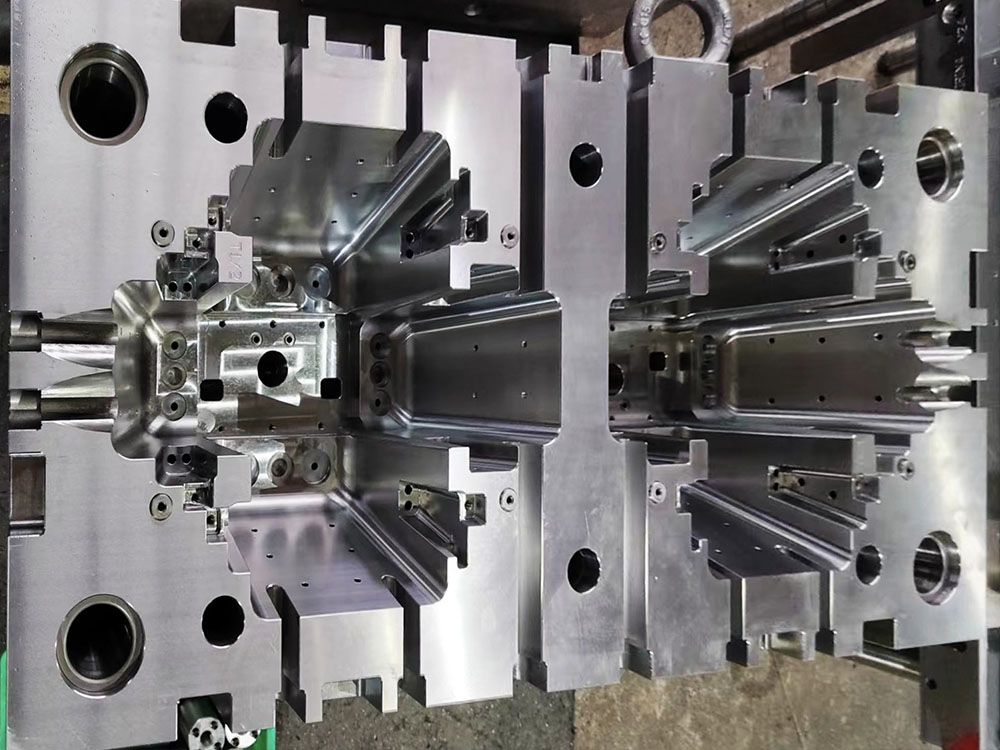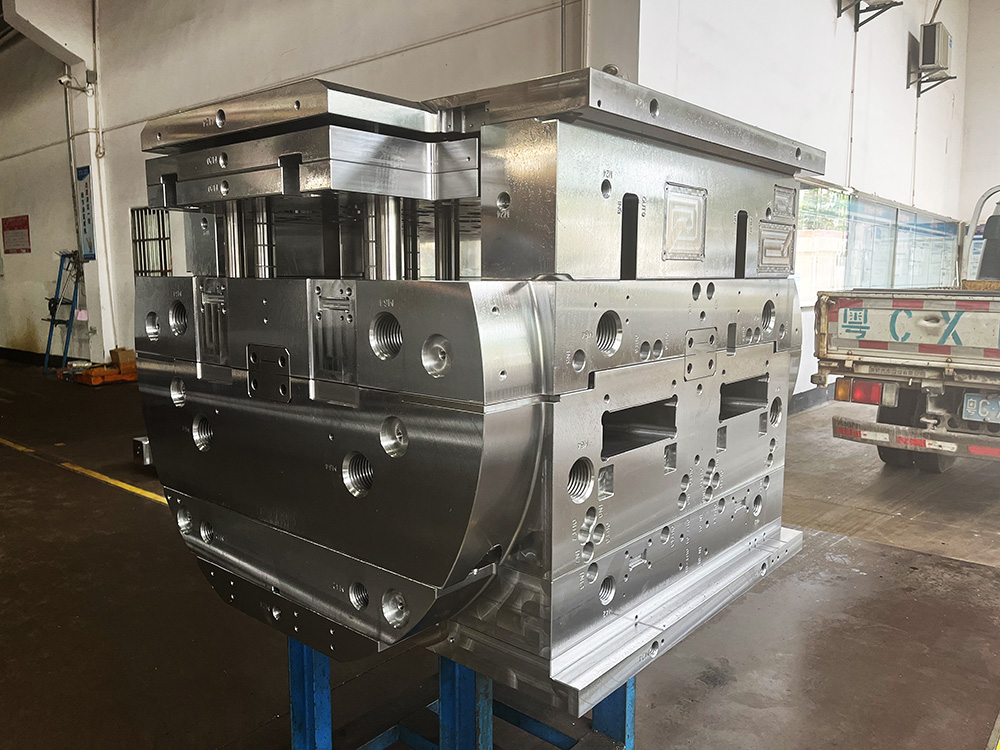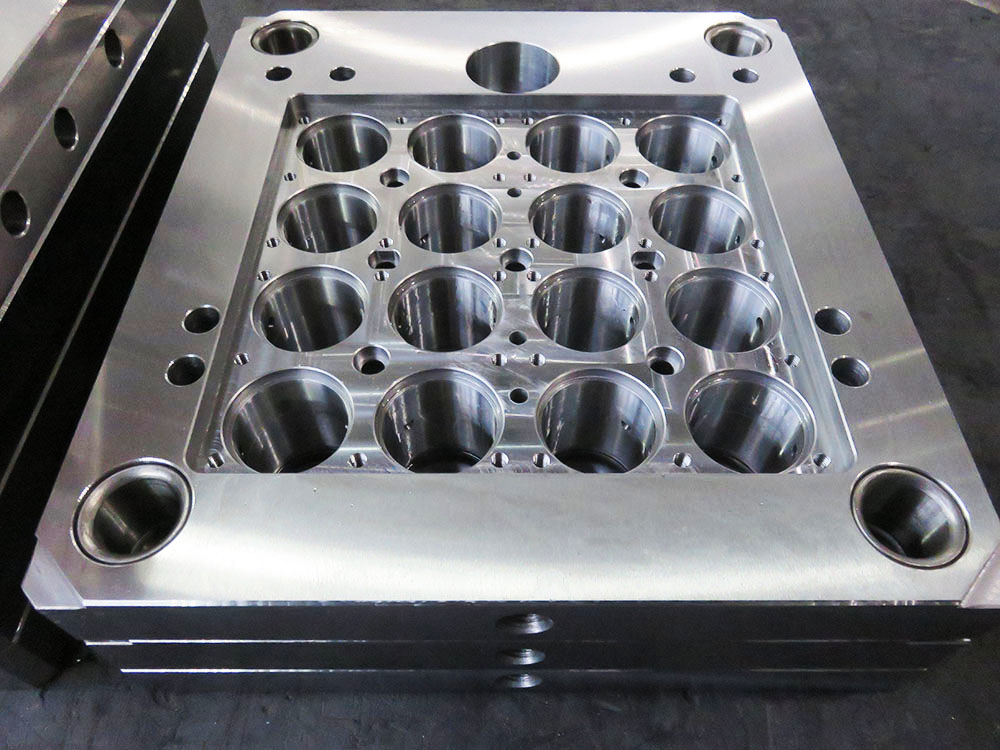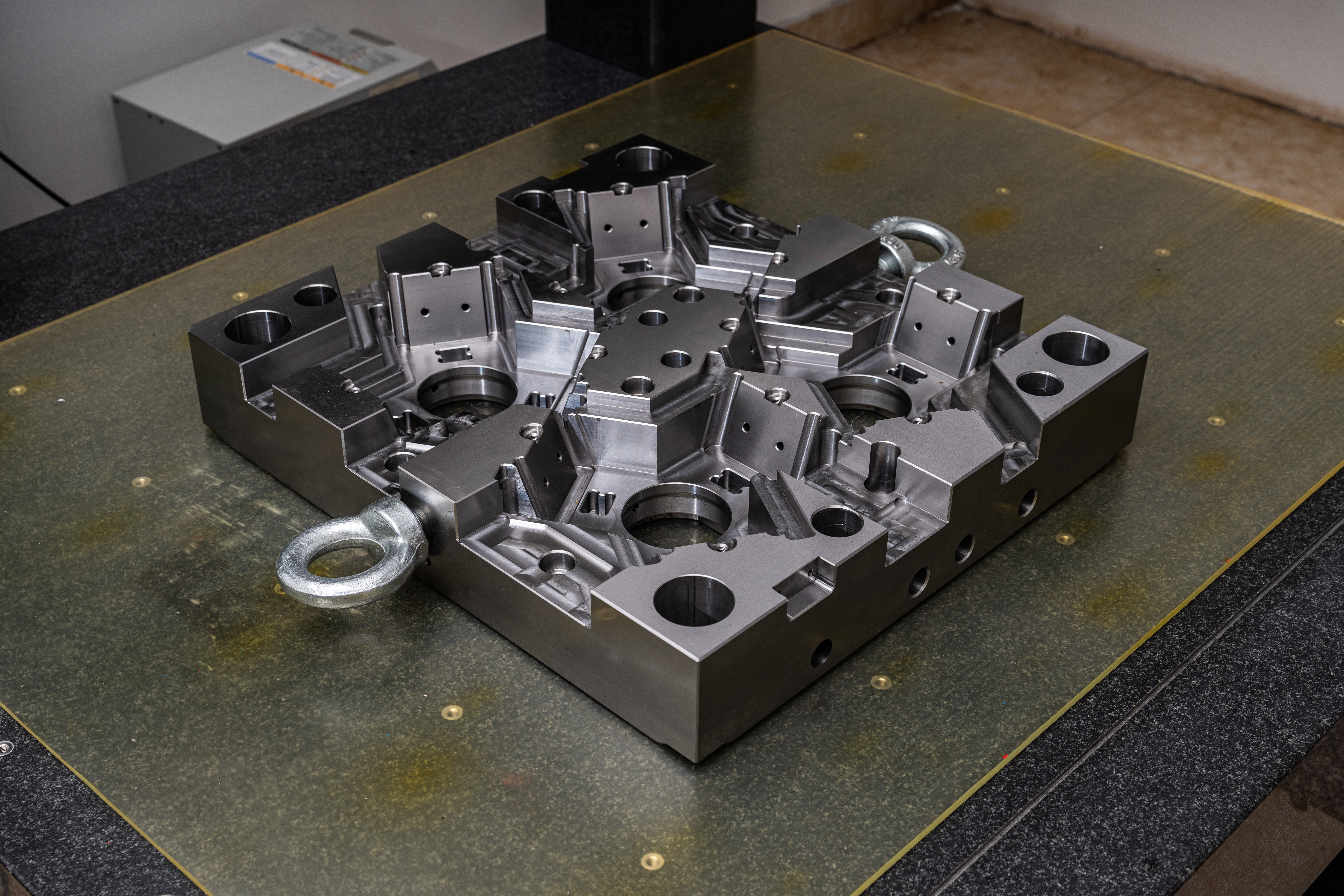Material Plan for Panel Button Support Frame
Introduction:
The material plan for a panel button support frame plays a crucial role in ensuring the structural integrity, durability, and functionality of the frame. This article will discuss the considerations and choices involved in selecting the appropriate materials for a support frame in the mold base industry.1. Impact Resistance:
The support frame should exhibit excellent impact resistance to withstand any accidental or intentional impacts. One commonly used material for this purpose is a high-strength engineering plastic such as polycarbonate (PC) or acrylonitrile butadiene styrene (ABS). These plastics offer good impact resistance, making them ideal choices for the support frame.
2. Mechanical Strength:
The mechanical strength of the support frame is vital for its overall performance and longevity. Metals are widely preferred in the industry for their superior mechanical properties. Aluminum alloys and steel are commonly used materials due to their high strength-to-weight ratio and excellent rigidity. The selection between aluminum alloys and steel depends on the specific requirements of the support frame, including load-bearing capacity and the desired level of rigidity.
3. Thermal Conductivity:
Thermal conductivity is an important consideration for a support frame, especially if it is exposed to high temperatures or needs to dissipate heat effectively. Aluminum alloys are known for their high thermal conductivity, making them suitable for applications requiring efficient heat transfer. However, if the frame will not be subjected to extreme heat or does not require significant heat dissipation, other materials such as ABS or PC can be considered.
4. Chemical Resistance:
In some applications, the support frame may come into contact with various chemicals, solvents, or oils. It is essential to select materials with good chemical resistance to avoid deterioration or damage. Stainless steel is renowned for its excellent chemical resistance, making it suitable for environments where exposure to corrosive substances is expected. Other materials, such as ABS or PC, can be used if the frame is not exposed to harsh chemicals or solvents.
5. Cost Considerations:
While the performance and suitability of materials are critical, it is also essential to consider the cost implications. Aluminum alloys are generally more cost-effective compared to stainless steel, but their specific alloy and manufacturing processes can influence the final cost. Engineering plastics like ABS and PC are often cost-effective options, especially for low-load applications.
Conclusion:
The material plan for a panel button support frame in the mold base industry should carefully consider factors such as impact resistance, mechanical strength, thermal conductivity, chemical resistance, and cost. Aluminum alloys and steel are commonly used for their high strength and rigidity, while plastics like ABS and PC are chosen for their impact resistance and cost-effectiveness. By selecting the appropriate materials following these considerations, manufacturers can ensure the reliability and longevity of their support frames.




